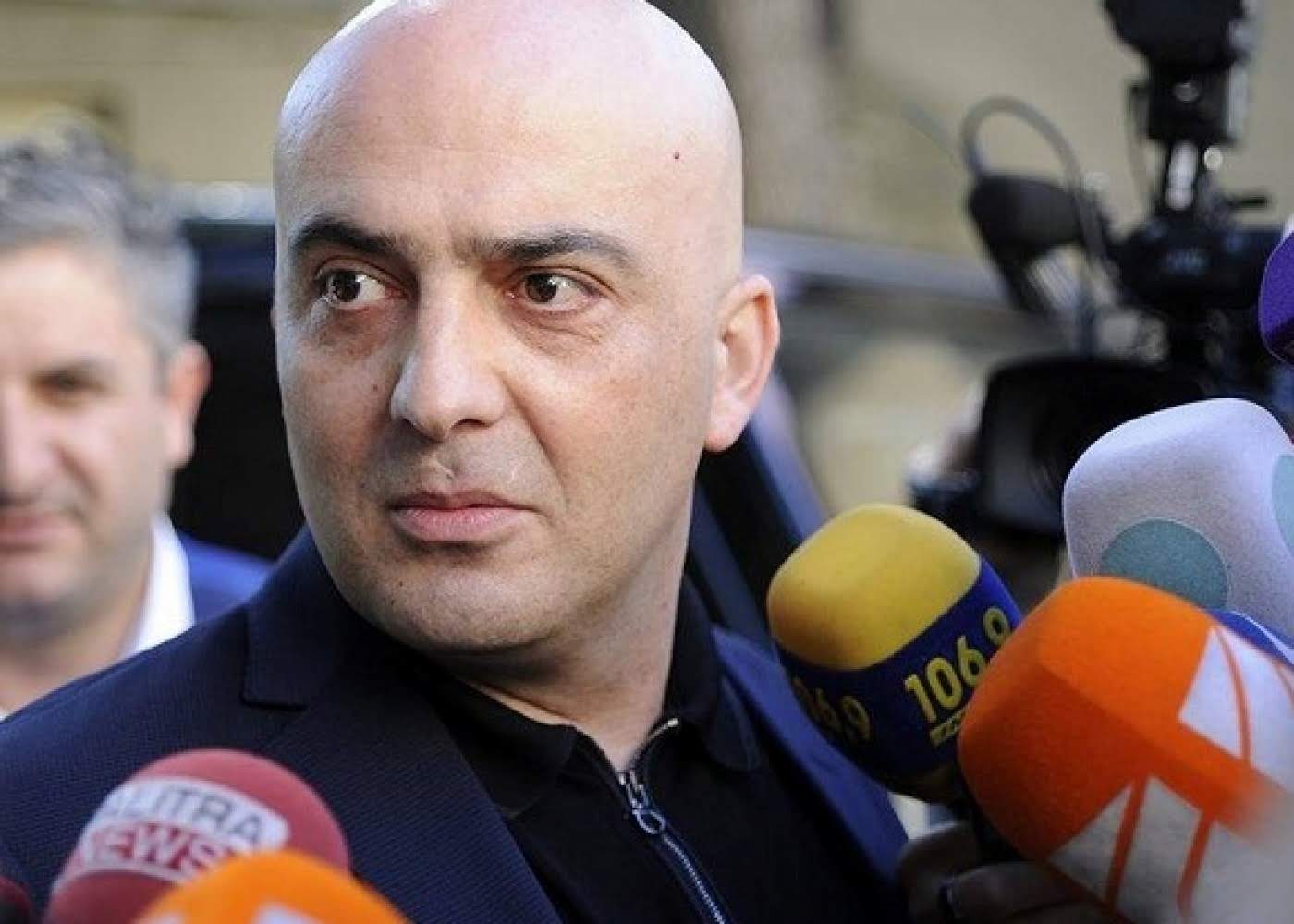
Georgia’s ruling party has hastily pushed through legal amendments exempting taxes and duties on offshore assets being brought into the country — a move seen by many as preparation for Bidzina Ivanishvili to move his assets to Georgia.
Georgian Dream introduced the amendments on 10 April, and quickly passed them in all three readings this week as the capital has been gripped by protests against the foreign agent bill.
According to the amendments, tax incentives will be provided to all offshore companies that transfer their assets to Georgia by 1 January 2028.
In order to be eligible, the assets would have to be owned 100% by both the sender and the entity that receives them in Georgia.
Amendments introduced alongside the offshore tax exemptions would also write off tax debts incurred and unpaid before 1 January 2021, which the government says will benefit 145,000 people who have accrued tax debts of a total of ₾590 million ($222 million).
Both opposition politicians and analysts have been critical of the changes, claiming they could lead to a flow of elicit money into the country.
Some have argued that the hasty changes could be an attempt by Bidzina Ivanishvili, the billionaire founder of the ruling Georgian Dream party, to avoid any future Western sanctions by bringing his wealth to Georgia.
A sanctions haven for Ivanishvili?
For years, some opposition and civil society figures have called for the West to impose sanctions on Ivanishvili, calls that have intensified since the ruling party reintroduced the foreign agent bill earlier in April.
On Friday, Roman Gotsiridze, an MP and chair of the opposition Eurooptimists group, and a former governor of the national bank, called for ‘strict sanctions’ on Ivanishvili and MPs who ‘serve the Russians’.
‘These MPs, their family members, should not be allowed in Western countries. They should confiscate accounts and apartments that each of these people has in the West. They should be punished for serving Ivanishvili’, he said.
Tina Bokuchava, an MP from the opposition United National Movement, said in the parliament on Thursday that the new tax amendments were a response to this threat, and that the ruling party was ‘passing a law that tries to create an oasis of money for Ivanishvili, which is largely Russian and probably will be sanctioned in the future’.
Transparency International Georgia reported in 2021 that Ivanishvili owned 20 offshore companies.
The group also noted on Friday that the expedited amendments could be part of Ivanishvili’s preparations for possible sanctions. They recommended that the identities of individuals transferring assets from offshore to Georgia should be made publicly available.
Lelo MP Salome Samadashvili stated in parliament that Ivanishvili would bring his property to Georgia to protect it from sanctions, and that the Georgian courts would not comply with any sanctions on his wealth after changes made last year to protect Georgian citizens from sanctions.
The changes meant that in order for the national bank to comply with sanctions against any Georgian citizen, a Georgian court would have to first assess their guilt.
The changes came soon after the US imposed sanctions on former chief prosecutor Otar Partskhaladze, who has been closely linked with Ivanishvili in the past. The US said the sanctions were because of his alleged connections with the Russian Federal Security Service (FSB).

Partskhaladze was soon stripped of Georgian citizenship, avoiding any possible secondary sanctions on the national bank for failing to follow US sanctions on Partskhaladze.
At that time, critics of the government suggested Georgian Dream had used Partskhaladze’s case as an excuse to provide legal protections against possible future sanctions on Ivanishvili.
The ruling party has denied the latest amendments were made for Ivanishvili’s benefit, while maintaining it was not a problem if he did wish to transfer his assets to Georgia.
Georgian Dream’s crusade for ‘transparency’
The amendments come as the government is attempting for a second time to pass a controversial foreign agent law, which the ruling party is touting as an effort to ensure transparency in Georgia’s civil society and media organisations’ funding, which they have accused of being ‘black money’.
At the session of the Finance and Budget Committee on Wednesday, committee chair and the co-author of the amendments, Paata Kvizhinadze, said that offshore territories were becoming stricter and demanding more openness and increased monitoring, which would make them less attractive for business people.
‘It would be very good’ if such businesses brought their assets from offshore territories to Georgia, said Kvizhinadze.
Speaking on Friday, Roman Gotsiridze said that the tax amendments risked turning Georgia into ‘a money-laundering zone’.
‘Black money will come in, it will become white, and it will go washed to the West. This is money laundering — this wealth will not be returned to Georgia as investments’, he said.
In their statement on Friday, Transparency International Georgia also raised concerns about the impact the tax amendments could have.
‘Offshore companies are often attractive for individuals who own assets of suspicious origin, and if Georgia activates a regime conducive to the transfer of assets from offshore areas, it must also establish a high standard of transparency’, their statement read.
Aleksandra Aroshvili, an independent social policy researcher, also warned that the amendments could turn Georgia into a ‘bypass hub for offshore [assets]’ for those who wanted to retrieve their assets.
‘We are not only talking about monetary assets but also about importing large movable property — aircraft, machine tools, etc. without import tax. In the already tense geopolitical situation and against the background of ongoing conflicts in the Middle East, this could also mean a black corridor for military equipment’, she wrote on Facebook.
Russia’s President Vladimir Putin signed a similar law in 2023, with Russian media reporting that the law would help attract foreign and Russian investment from abroad.
Speaking to BMG on Thursday, Davit Papiashvili, the managing partner of the audit company Kreston Georgia, said that Russia’s tax exemption for offshore assets served to protect Russian businesses from sanctions applied following Russia’s invasion of Ukraine.
‘There are, of course, differences between the Georgian draft law and the law in force in Russia, but the main essence is the same, and it is mainly aimed at Russian businessmen avoiding sanctions, with the aim of encouraging the return of foreign capital to Russian businessmen to Russia and announcing a full amnesty in the mentioned part’, he said.









